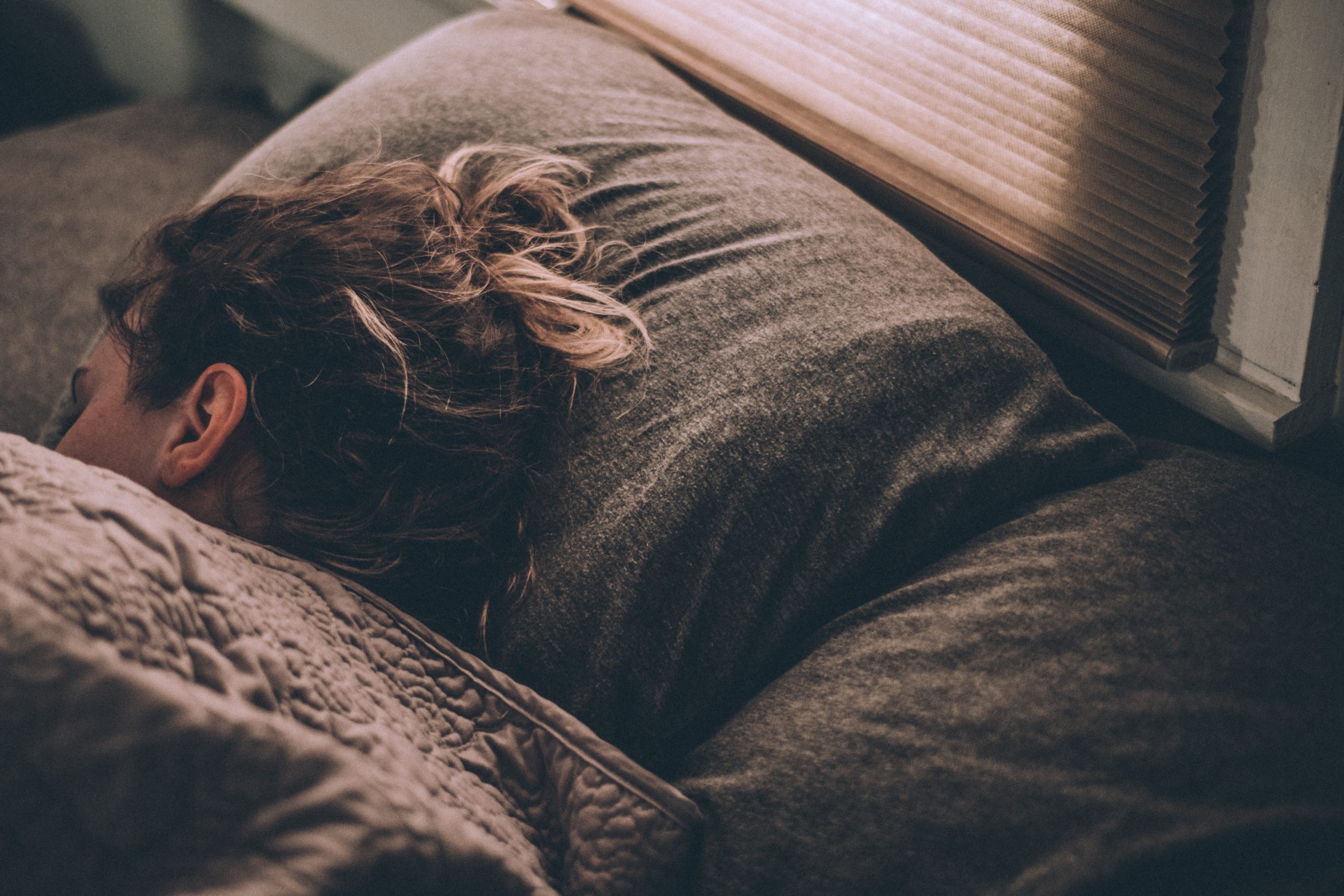
Sleep is one of the most essential components of our well-being. Yet, many of us struggle to get a good night’s rest. Tossing and turning can lead to groggy mornings and unproductive days. If you’re tired of counting sheep or scrolling through late-night social media feeds, it might be time to explore natural remedies for better sleep.
From soothing herbal supplements to calming aromatherapy, there are countless ways to enhance your nightly routine without reaching for over-the-counter medications. Discover how simple lifestyle changes and relaxation techniques can transform your sleep experience into something restorative and refreshing.
Let’s dive into these natural solutions that not only promise improved slumber but also offer a holistic approach to health and wellness!
Natural Remedies to Improve Sleep:
Herbal supplements have long been celebrated for their calming effects. Valerian root, chamomile, and passionflower are popular choices. These herbs can help soothe your mind and promote relaxation before bedtime.
Aromatherapy is another gentle yet powerful tool for sleep enhancement. Essential oils like lavender or bergamot create a serene atmosphere when diffused in the bedroom or added to a warm bath. Their soothing scents can signal to your brain that it’s time to wind down.
Relaxation techniques such as progressive muscle relaxation or deep breathing exercises encourage mindfulness and reduce anxiety. Incorporating these practices into your evening routine helps prepare both body and mind for restful slumber.
Lifestyle changes play a significant role too. Establishing a consistent sleep schedule, limiting caffeine intake in the afternoon, and creating a darkened sleeping environment can significantly improve sleep quality over time.
– Herbal Supplements
Herbal supplements have gained popularity as a natural way to improve sleep quality. Many people turn to plants like valerian root, chamomile, and passionflower for their calming effects.
Valerian root is often hailed for its ability to reduce the time it takes to fall asleep. It works by increasing gamma-aminobutyric acid (GABA) levels in your brain, promoting relaxation.
Chamomile tea is another favorite among those seeking better rest. Known for its mild sedative properties, sipping on this fragrant brew before bed can help soothe anxiety and prepare you for sleep.
Passionflower offers a unique twist. Studies suggest it may boost GABA levels too, making it an excellent choice when stress keeps you awake at night.
When considering herbal supplements, starting with small doses can be beneficial. This allows you to gauge how your body reacts while ensuring safety and effectiveness.
– Aromatherapy
Aromatherapy utilizes essential oils to promote relaxation and enhance sleep quality. Scents like lavender, chamomile, and bergamot have calming effects that can ease anxiety and stress.
You can use a diffuser to disperse the aroma throughout your bedroom. Just a few drops of your chosen oil can create a soothing atmosphere conducive to rest. Alternatively, try adding essential oils to your bath for an indulgent bedtime ritual.
Inhaling these pleasant fragrances signals your brain to unwind. This simple practice transforms your space into a tranquil haven ideal for drifting off.
Experiment with different blends or single oils until you find what resonates with you. Each person’s response may vary, making it important to discover scents that truly soothe you at night. Embracing aromatherapy is not just about relaxation; it becomes an integral part of fostering better sleep habits over time.
– Relaxation Techniques
Finding relaxation techniques that resonate with you can make a significant difference in your sleep quality. Deep breathing exercises are an excellent place to start. They help calm the mind and ease tension in the body, preparing you for rest.
Progressive muscle relaxation is another effective method. By systematically tensing and then relaxing each muscle group, you encourage physical release and mental tranquility.
Meditation or mindfulness practices can also be beneficial. These techniques focus on being present and letting go of racing thoughts, creating a peaceful mindset conducive to sleep.
Yoga offers both movement and meditation elements. Gentle stretches before bed can alleviate physical stress while promoting serenity within your mind.
Consider incorporating these methods into your nightly routine to foster a more restful environment as bedtime approaches. It’s all about finding what works best for you personally!
– Lifestyle Changes
Making simple lifestyle changes can significantly enhance your sleep quality. Start by establishing a consistent sleep schedule. Going to bed and waking up at the same time daily helps regulate your body’s internal clock.
Next, limit screen time before bed. The blue light emitted from devices can interfere with melatonin production. Instead, indulge in a book or listen to calming music as part of your bedtime routine.
Diet also plays a crucial role in sleep health. Avoid heavy meals and caffeine close to bedtime; both can disrupt peaceful slumber. Opt for lighter snacks if you’re hungry—think almonds or herbal tea.
Physical activity is essential too. Regular exercise promotes better sleep but try not to work out right before hitting the hay; aim for earlier in the day instead. These small adjustments can create a more restful environment conducive to restorative sleep each night.
The Benefits of Using Natural Remedies for Sleep
Natural remedies for sleep offer a gentle alternative to pharmaceuticals. They can promote relaxation without the side effects that often accompany over-the-counter sleep aids.
Many natural options work synergistically with your body’s own rhythms. For instance, herbal supplements like valerian root and chamomile have been used for centuries to enhance sleep quality. Their calming properties support a more restful night.
Additionally, these remedies tend to foster long-term wellness. Regular use can lead to improved sleep patterns rather than reliance on temporary solutions.
Embracing holistic practices such as aromatherapy not only enhances your sleeping environment but also creates a soothing bedtime ritual. This fosters mindfulness and helps signal your body that it’s time to unwind.
Incorporating natural approaches into your routine may alleviate stress and anxiety, which are common barriers to good sleep. The cumulative effect is an overall improvement in both mental clarity and physical health.
How to Incorporate These Remedies into Your Daily Routine
Incorporating natural remedies into your daily routine can be simple and rewarding. Start with small changes. Consider adding herbal supplements to your diet, but consult a healthcare professional first. You might try chamomile or valerian root for their calming effects.
Next, create an inviting sleep environment using aromatherapy. Invest in essential oils like lavender or cedarwood and use a diffuser in the evening. This can signal to your body that it’s time to unwind.
Relaxation techniques are also vital. Set aside 10-15 minutes each night for practices like deep breathing or gentle stretching before bed. This helps calm the mind and prepare the body for rest.
Embrace lifestyle changes gradually—set consistent sleep schedules, minimize screen time before bed, and cultivate healthy eating habits throughout the day.
By weaving these strategies into your life consistently, you may find it easier to drift off into a peaceful slumber each night.









